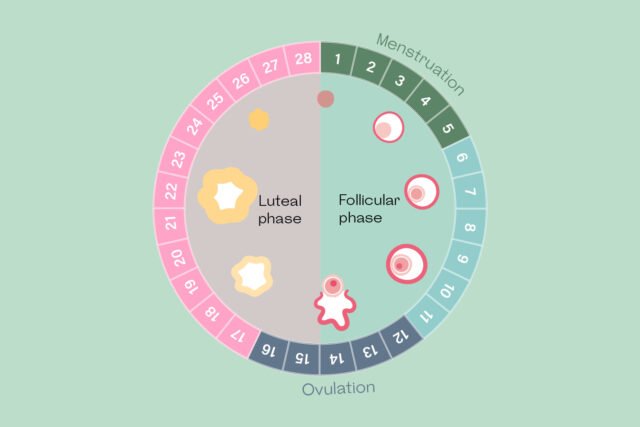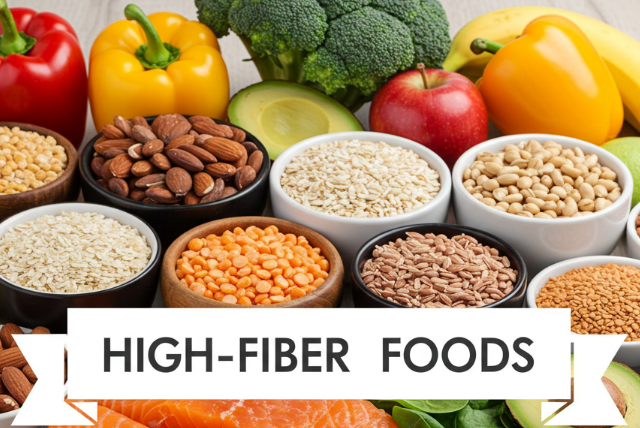
*This post may contain affiliate links. Read more.*
Introduction
Perimenopause, the transitional phase leading up to menopause, typically begins in a woman’s 40s and can last several years. This period is marked by significant hormonal fluctuations, leading to symptoms such as hot flashes, mood swings, fatigue, sleep disturbances, and irregular periods. While hormone replacement therapy (HRT) is a common treatment, many women seek natural remedies to manage their symptoms safely and effectively. This article explores science-backed natural approaches, including dietary adjustments, herbal supplements, and lifestyle changes, to alleviate perimenopausal symptoms (Health).
1. Diet and Nutrition for Hormonal Balance
A balanced diet plays a crucial role in supporting hormonal health during perimenopause. Incorporating specific nutrients can help alleviate symptoms and promote overall well-being.
- Phytoestrogens: These plant-based compounds mimic estrogen in the body and may help reduce the frequency of hot flashes. Foods rich in phytoestrogens include soy products, flaxseeds, and lentils. A meta-analysis concluded that phytoestrogens appear to reduce the frequency of hot flashes in menopausal women without serious side effects (PubMed).
- Omega-3 Fatty Acids: Found in fatty fish like salmon, as well as in walnuts and chia seeds, omega-3s have been associated with improved mood and may help reduce depressive symptoms during perimenopause. Some studies suggest that omega-3 supplementation can alleviate mood disturbances, although results are varied (PMC).
- Magnesium-Rich Foods: Leafy greens, nuts, and seeds are excellent sources of magnesium, which can aid in improving sleep quality and reducing anxiety by regulating neurotransmitters involved in the sleep cycle.
2. Herbal Remedies for Symptom Relief
Several herbs have been studied for their potential to ease perimenopausal symptoms:
- Black Cohosh: This herb is commonly used to address menopausal symptoms, including hot flashes and night sweats. However, evidence regarding its efficacy is mixed, and more research is needed to draw definitive conclusions.
- Maca Root: Traditionally used for its adaptogenic properties, maca may help alleviate discomfort associated with perimenopause by supporting hormonal balance. Some studies suggest its potential as a non-hormonal alternative to HRT (Rupa Health).
- Red Clover: Rich in isoflavones, red clover has been studied for its potential to reduce hot flashes. While some studies indicate a reduction in hot flashes, others have found no significant benefit, highlighting the need for further research (Mount Sinai Health System).
- Ashwagandha: Known for its stress-reducing properties, ashwagandha may help alleviate mild to moderate climacteric symptoms during perimenopause, including hot flashes and mood disturbances (PubMed).
3. Lifestyle Changes to Reduce Perimenopause Symptoms
Implementing certain lifestyle modifications can significantly impact the severity and frequency of perimenopausal symptoms:
- Regular Exercise: Engaging in physical activities such as yoga, strength training, and aerobic exercises can help maintain a healthy weight, improve mood, and reduce the risk of osteoporosis. Exercise also promotes better sleep and reduces stress levels.
- Mindfulness and Stress Reduction: Practices like meditation, deep breathing exercises, and journaling can help manage stress and emotional fluctuations. Mindfulness techniques have been shown to improve psychological well-being during perimenopause.
- Adequate Sleep: Establishing a consistent sleep routine, creating a comfortable sleep environment, and avoiding stimulants before bedtime can help combat insomnia and improve sleep quality.
4. Supplements for Hormonal Support
In addition to dietary sources, certain supplements can provide targeted support during perimenopause:
- Vitamin D and Calcium: Essential for bone health, these nutrients help mitigate the increased risk of osteoporosis associated with declining estrogen levels. Adequate intake supports bone density and reduces fracture risk.
- B Vitamins: Vital for energy metabolism and cognitive function, B vitamins can help combat fatigue and support mental clarity during perimenopause.
- Probiotics: Supporting gut health is crucial, as a balanced microbiome can influence estrogen metabolism and overall hormonal balance. Probiotics may aid in digestive health and enhance nutrient absorption.
Conclusion
Perimenopause is a natural life stage accompanied by various physiological changes that can impact daily life. By incorporating a nutrient-rich diet, considering evidence-based herbal remedies, adopting healthy lifestyle practices, and utilizing appropriate supplements, women can effectively manage many perimenopausal symptoms. It’s essential to consult with healthcare providers before starting any new treatment to ensure safety and appropriateness. Empowered with knowledge and proactive strategies, women can navigate perimenopause with greater comfort and confidence.
#ashwagandha #black cohosh #bone health #calcium #exercise benefits #gut health #hormonal changes #hormone balance #hot flashes #lifestyle changes #maca root #magnesium-rich foods #menopause symptoms #mindfulness #mood swings #natural remedies #night sweats #omega-3 fatty acids #perimenopause #phytoestrogens #probiotics #red clover #sleep improvement #stress management #vitamin D #women's health









